Three Hundred Tang Poems
| by |
|---|
16.00 JOD
Please allow 2 – 5 weeks for delivery of this item
Description
A new translation of a beloved anthology of poems from the golden age of Chinese culture—a treasury of wit, beauty, and wisdom from many of China’s greatest poets.These roughly three hundred poems from the Tang Dynasty (618–907)—an age in which poetry and the arts flourished—were gathered in the eighteenth century into what became one of the best-known books in the world, and which is still cherished in Chinese homes everywhere. Many of China’s most famous poets—Du Fu, Li Bai, Bai Juyi, and Wang Wei—are represented by timeless poems about love, war, the delights of drinking and dancing, and the beauties of nature. There are poems about travel, about grief, about the frustrations of bureaucracy, and about the pleasures and sadness of old age.Full of wisdom and humanity that reach across the barriers of language, space, and time, these poems take us to the heart of Chinese poetry, and into the very heart and soul of a nation.
Additional information
| Weight | 0.26 kg |
|---|---|
| Dimensions | 1.96 × 11.21 × 16.46 cm |
| PubliCanadation City/Country | USA |
| by | |
| Format | Hardback |
| Language | |
| Pages | 256 |
| Publisher | |
| Year Published | 2009-3-31 |
| Imprint | |
| ISBN 10 | 0307269736 |
| About The Author | PETER HARRIS graduated from Oxford in classical Chinese and has a Ph.D. in Asian history from Monash. He lived and worked for many years in different parts of Asia including China, where he was representative of the Ford Foundation and a visiting professor at Nanjing University. He is now a Senior Fellow in the China Research Centre at Victoria University of Wellington, New Zealand. Volumes he edited for Everyman's Library include The Travels of Marco Polo, The Art of War, Zen Poems, Three Hundred Tang Poems, and Hanshan: Cold Mountain Poems. |
| Table Of Content | ForewordBai Juyi (772–846) Cen Shen (715–770)Chang Jian Chen TaoChen Ziang (661–702) Cui Hao (?–754) Cui Shu (?–739?)Cui Tu Dai Shulun (732–789) Du Fu (712–770) Du Mu (803–852)Du Qiuniang (?–825?) Du Shenyan (648?–708)Du Xunhe (846–904)Emperor Xuanzong (685–761) Gao Shi (716?–765) Gu Kuang (725?–814?) Han Hong Han Wo (842?–923) Han Yu (768–824) He Zhizhang (659?–744?) Huangfu Ran (716?–770) Jia Dao (779–843) Jiaoran (730?–799) Jin ChangxuLi Bai (701–762) Li Bin (?–876)Li Duan Li Qi Li Shangyin (813?–858?) Li Yi (748–827?) Liu Changqing (710?–789?)Liu Fangping Liu Shenxu Liu Yuxi (772–842) Liu Zhongyong Liu Zongyuan (773–819) Lu Lun (737?–798?) Luo Binwang (640?–684?) Ma Dai Meng Haoran (689–740) Meng Jiao (751–814) Pei DiQian Qi (722?–780?) Qin Taoyu Qiu Wei Qiwu Qian (692?–755?) Quan Deyu (759–818) Shen Quanqi (650?–713)Sikong Shu Song Zhiwen (?656–?712) Wang Bo (649?–676)Wang Changling (690?–756?) Wang Han Wang Jian (751?–830?) Wang Wan Wang Wei (701–761) Wang Zhihuan (688–742) Wei Yingwu (737?–792?) Wei Zhuang (836?–910)Wen Tingyun (?–866) Xu Hun Xue FengYuan Jie (719–772) Yuan Zhen (779–831) Zhang BiZhang Hu (785?–852?) Zhang Ji (1) (776?–829?) Zhang Ji (2) Zhang Jiuling (678–740) Zhang QiaoZhang Xu Zheng Tian (824?–882?)Zhu Qingyu Zu Yong Notes*Dates not given if not known. |
| Excerpt From Book | FOREWORDThe Tang dynasty (618–907) was the golden age of Chinese poetry. Much the best-known anthology of Tang poems in Chinese is Three Hundred Tang Poems, and this book is a new translation of all the poems in that anthology. It includes the work of many of China’s most admired poets, among them Du Fu and Li Bai as well as Bai Juyi, Li Shangyin andWangWei.Compiledin the eighteenth centuryby the scholarSun Zhu, the original Three Hundred Tang Poems is divided up by type of poem, rather than author. There are three main types. ‘Old-style poems’, which come at the beginning of the anthology, are poems of any length. ‘Regulated poems’ are eight lines long, with stricter rules about rhyme and tone, and two couplets in the middle that each have matching lines. ‘Cut-off lines’, which Sun Zhu puts at the end, are poems with just four lines each. Nearly all the poems have five or seven characters per line, with the five-character poems coming first.Here the poems are given by poet, in alphabetical order of name in romanized (pinyin) form. Then under each poet the poems are all arranged by type, as in the original. (Nearly all of them, anyway—a few have been rearranged for reasons of space.) There are some short notes at the back with explanations of names and other references.Peter Harris |
| Series |
Only logged in customers who have purchased this product may leave a review.
Related products
-
On backorder 2-5 Weeks to Arrive
7.99 JOD -
On backorder 2-5 Weeks to Arrive
15.99 JOD -
On backorder 2-5 Weeks to Arrive
15.99 JOD -
On backorder 2-5 Weeks to Arrive
14.00 JOD

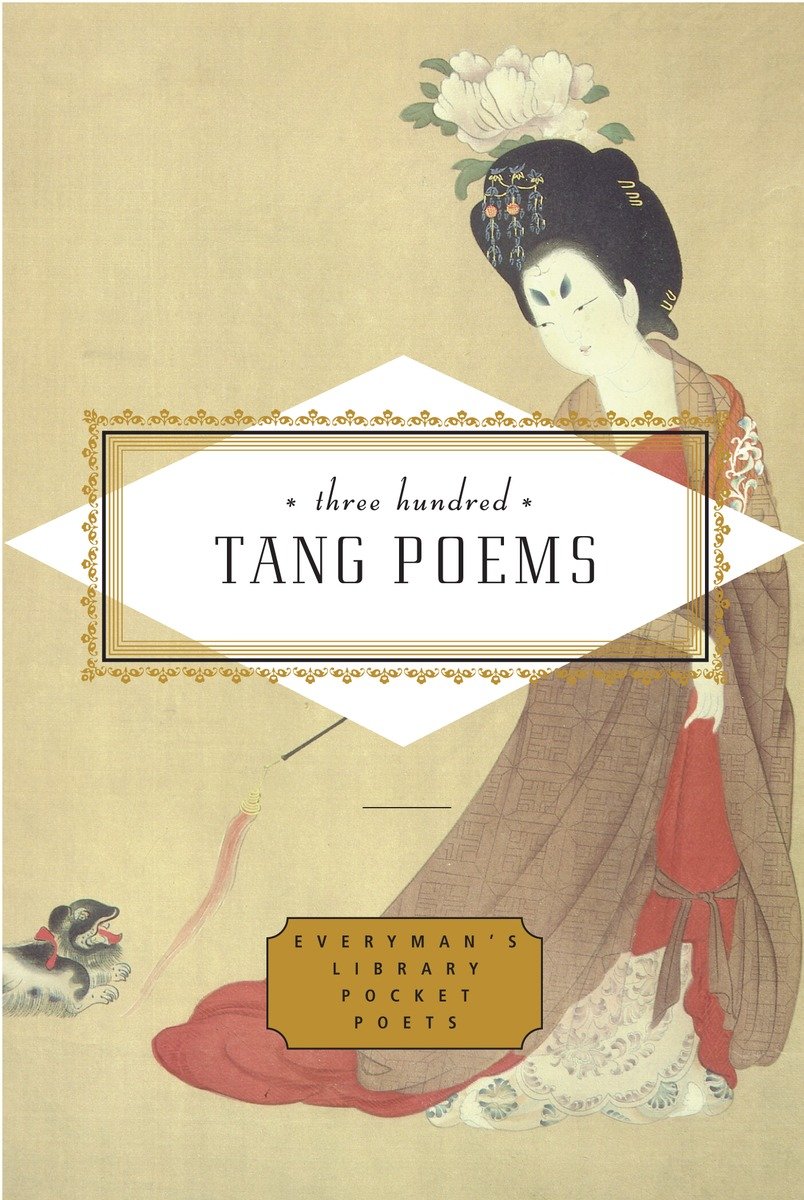
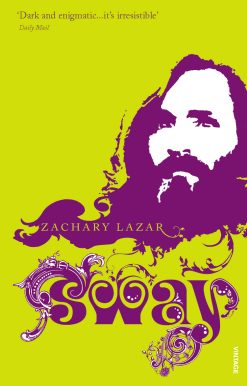
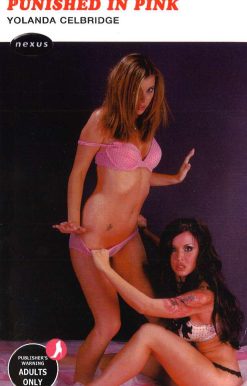
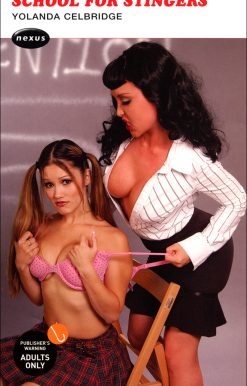
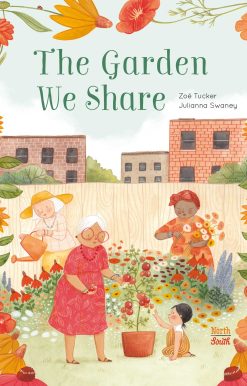
Reviews
There are no reviews yet.